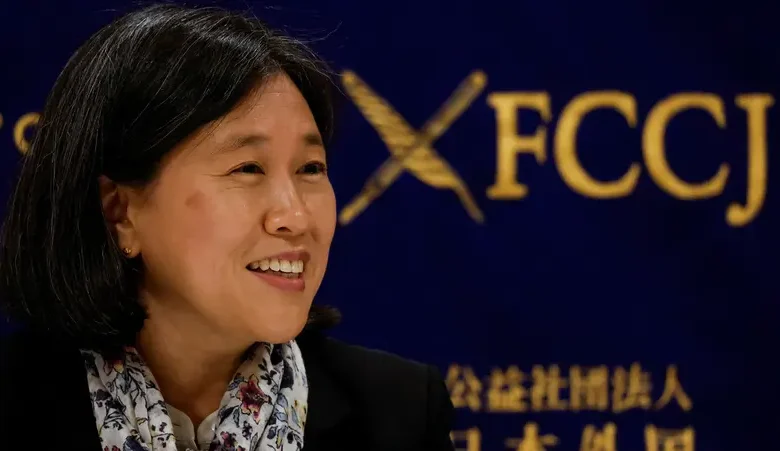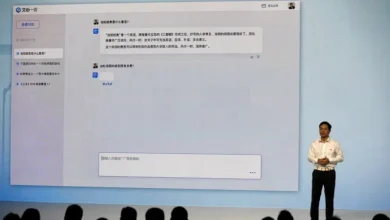US trade chief Katherine Tai says Big Tech’s data dominance needs strict curbs

Top US trade negotiator Katherine Tai said the dominance of a few tech giants in the global collection and flow of data require stricter restrictions on how it’s shared and stored.
Speaking at a conference in Brussels on Wednesday, Tai sought to explain to European trade and competition leaders her office’s recent about-face on digital trade rules, which has angered industry and surprised allies.
“We have a massive problem with concentration in the technology field around those people who are collecting the data,” Tai said.
“Who has the data and who gets to decide where the data goes and how it flows has become an issue not between stakeholder sets, but between industry and governments.”
The US is seeking to adapt to the rapid rise of the global digital economy, where so far data, its key commodity, hasn’t come under clear international rules like those for goods and services. Washington has also focused on what it sees as the national security impacts of data access, particularly in its strategic competition with China.
Tai said on Wednesday that requiring data to be housed within national borders and protecting US tech companies from government efforts to access source code was in line with the EU’s own approach. The controls can also address concerns about Beijing’s influence on the global economy, she said.
“The world is changing and resisting that change isn’t going to work,” Tai said. “We’re democracies. If we can ground what we’re doing in that recognition, we have so much more in common than not.”
Tai’s remarks are some of her first since the US withdrew its previous negotiating position at World Trade Organization, where it had earlier advocated protections for tech companies and the unrestricted flow of data across borders. That decision in October followed the withdrawal of the US text for the digital chapter of a trade pact with allies in the Indo-Pacific.
The White House has also began discussions between President Joe Biden’s national security and economic teams on creating a new US policy. The administration aims to come to a consensus ahead of WTO meetings set for late February in Abu Dhabi.
The potential change on US trade policy has split Democratic lawmakers and angered business groups like the US Chamber of Commerce and congressional Republicans. Some Democrats like Massachusetts Senator Elizabeth Warren back Tai’s move, while others like Oregon’s Ron Wyden, chairman of the powerful Senate Finance Committee, are vocal critics.










